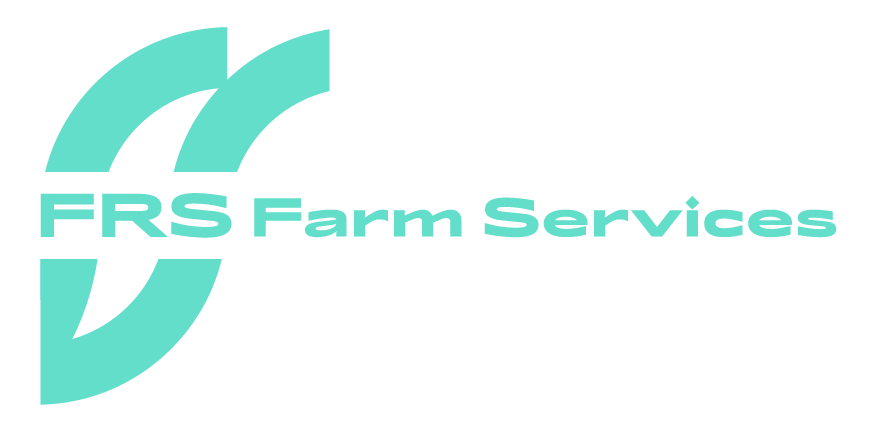As many farms are preparing for or are in the early stages of calving, now is the time to refresh on calf health. With workload expected to increase, it is important to know what to do and take action once the calf is born. Farmers should take this time to familiarise themselves once again with best practice and good herd management.
Extra help during the busy Spring is not uncommon in farms. Often family members or external workers may participate in calf rearing. Farmers should take time to educate any other farm workers on their health programme and what to do after calving.
The health of the calf in the first hour is crucial as it directly impacts to the long-term health of the animal. It is essential to identify sick animals as soon as possible. For farmers and farm workers, this care starts at the birth of the animal.
The Golden Hour
The first hour after birth is often referred to as the ‘Golden Hour’. From the moment of birth, the farmer/farm worker should do an assessment of the calf. Check for breathing and practice good navel management. The navel, mouth and nostrils are prone to picking up infections from the calving environment. It is recommended that the calf be moved to a freshly bedded pen.
Also, Teagasc lists that the calf should be lifting their head and sitting up with their legs tucked under the body 5 minutes post birth, attempting to stand within 20 minutes, and standing spontaneously within at the first hour.
Colostrum
Colostrum plays a key role in calf health. It is the first milk of the cow post birth and is vitamin and nutrient rich. Colostrum supports growth and optimises welfare as it has a high number of antibodies and protects against disease.
Calves should receive the adequate amount of colostrum within the first two hours of life. The amount depends on the weight and breed of each calf but as a rule it should be 8.5% of its total body weight in colostrum. Using this information, if a calf weighs 35kg they should receive 3l of colostrum and a calf weighing 45kg should receive 4l.
Where farmers/farm workers do not believe the calf sucked the correct amount from the cow, they will have to bottle feed the calf. Colostrum can be collected from the cow or farmers can freeze good quality colostrum to have in case of an emergency. If calves do not receive the correct amount of colostrum within the timeframe, their immune system can become compromised and are more suspectable to contracting an infection.
Acting Fast
With all animal illness, prevention is better than cure. Acting fast in the ‘Golden Hour’ can help rear strong and healthy calves. However, contact your local vet should you feel the calf or cow needs medical attention.
Are you interested in helping rearing calves this Spring? FRS Farm Relief are currently recruiting for calf rearers. These positions are suitable for those looking for flexible work and could be done, for example, while children are in school. To find out more contact FRS Farm Relief, call 0818 890 890 or visit frsfarmreliefservices.ie/register-your-interest/.
